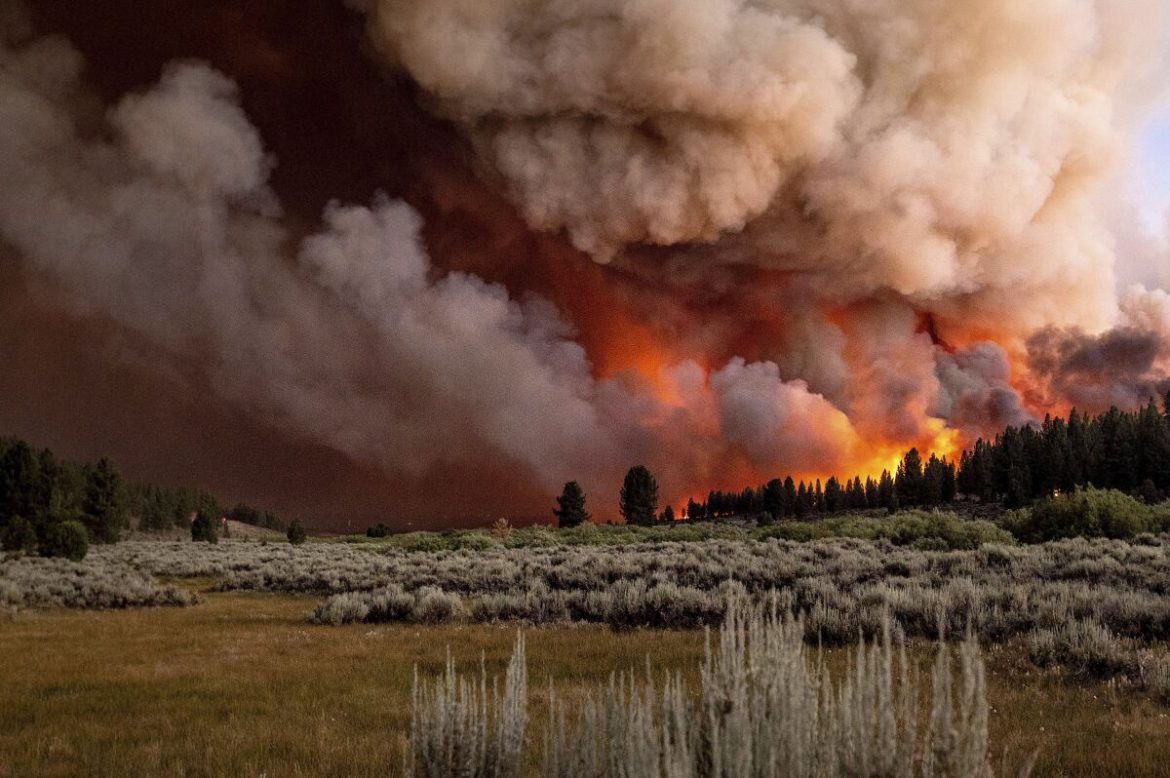Scientists have warned that the return of El Niño against the backdrop of the climate crisis will hurt people’s health in many parts of the world.
According to reports, the hot natural weather pattern returned after three years of its cooler sister, La Niña, the World Meteorological Organization (WMO) confirmed last month. As it grows stronger, scientists fear it will raise the risk in some countries of hunger, drought and malaria.
Coupled with hotter global temperatures from burned fossil fuels, the shift could make a host of heat-related dangers worse, from heart disease to suicide.
“Heat is unambiguously dangerous,” said Gregory Wellenius, head of the centre for climate and health at Boston university’s school of public health. “Sometimes it leads to hospitalisation, other times it leads to death. Then there’s indirect impacts that follow up on that.”
El Niño is said to be the result of natural shifts in winds and ocean temperatures. It brings heavier floods to some parts of the planet while drying others out. The last major El Niño was in 2016, which was the hottest year on record.
And because scientists know that weather patterns have changed this year, people and governments can better prepare in the regions affected.
Read also: Heaviest rain in 25 years forecast wreaks havoc in Norway
“El Niño does not mean more disasters globally than in any other years,” said Walter Baethgen, a scientist at Columbia university’s international research institute for climate and society. “What it does change is our ability to predict what the climate will be in some parts of the world. That’s going to help us take anticipatory actions.”
Of particular concern is its effect on food security. Shocks to weather patterns could be fatal for farmers in countries already reeling from the Covid-19 pandemic, Russia’s invasion of Ukraine and extreme weather events made worse by the climate crisis.
Story was adapted from the Guardian.
